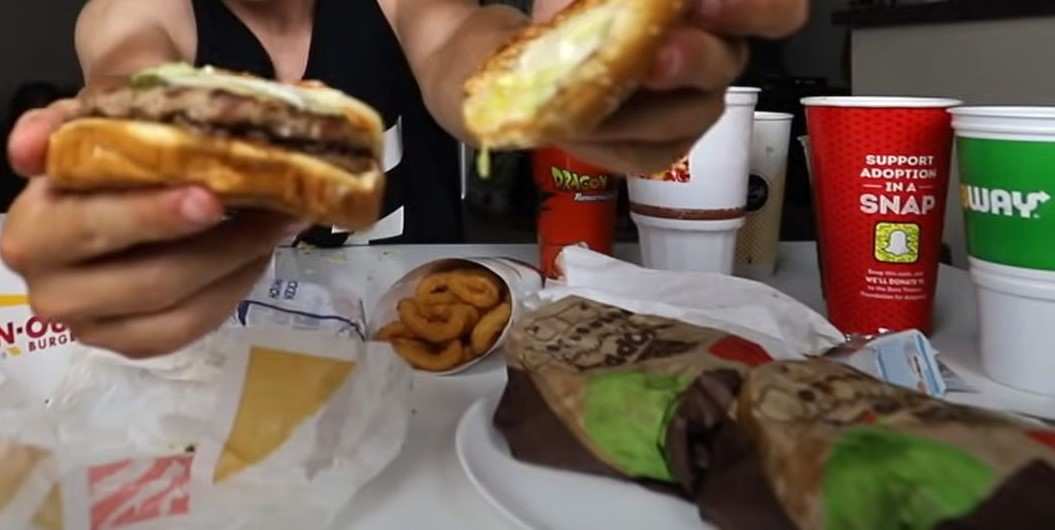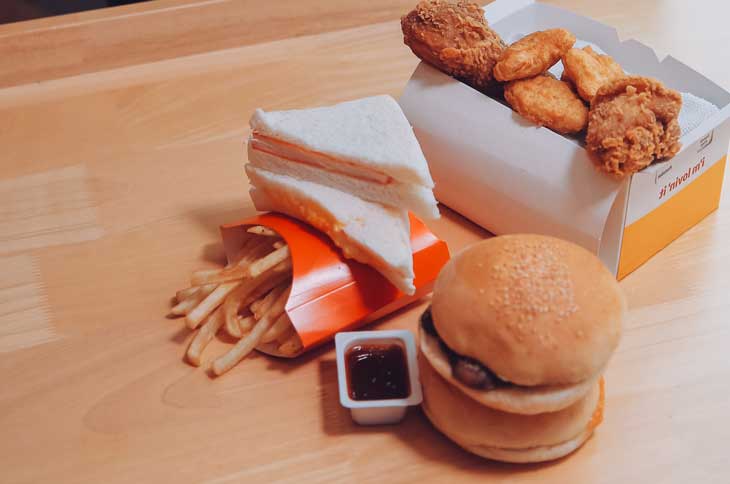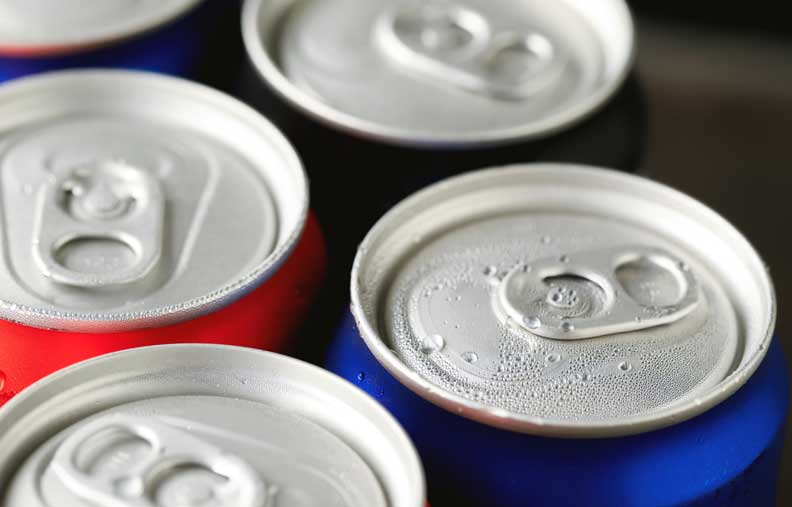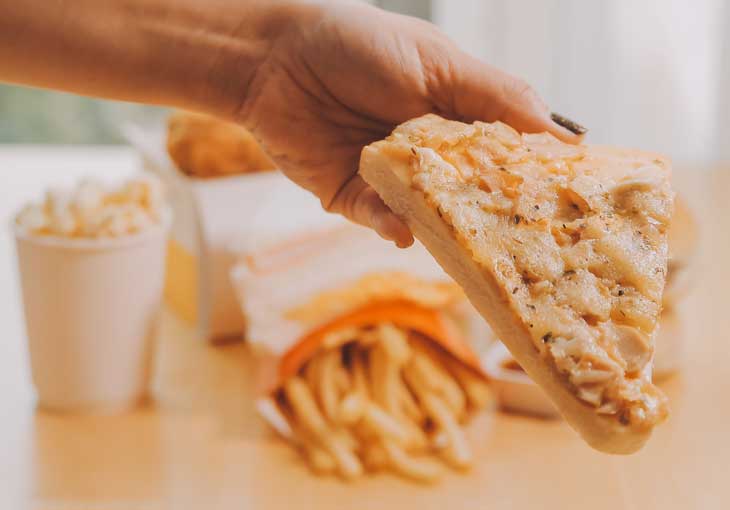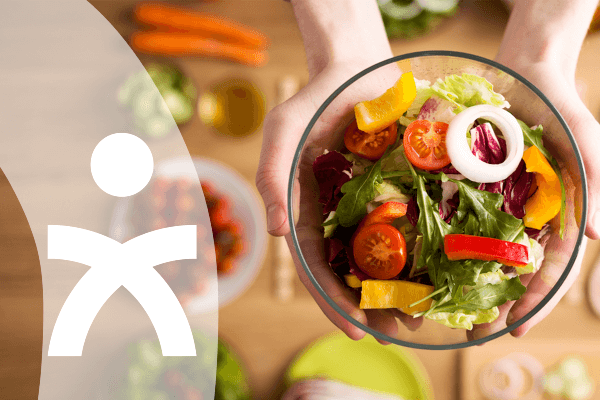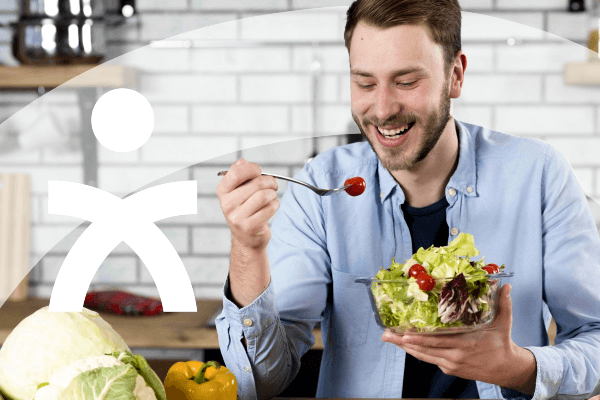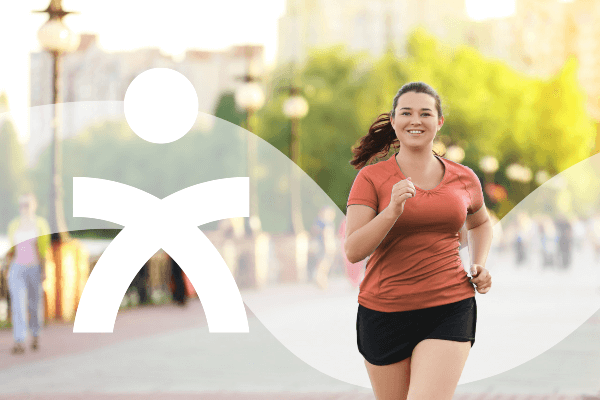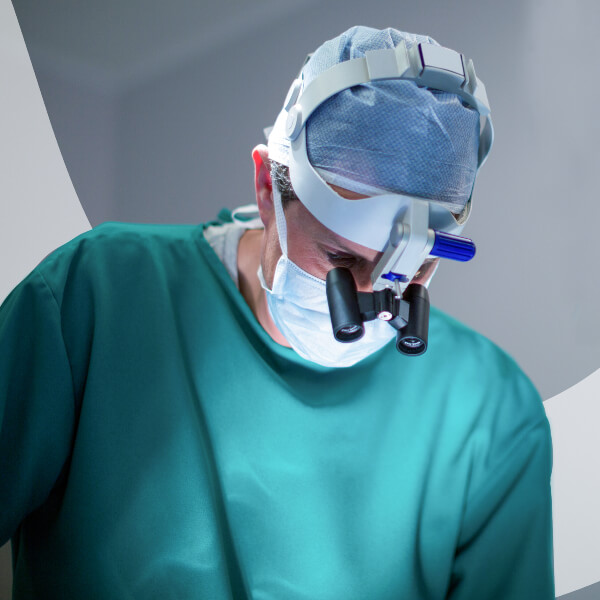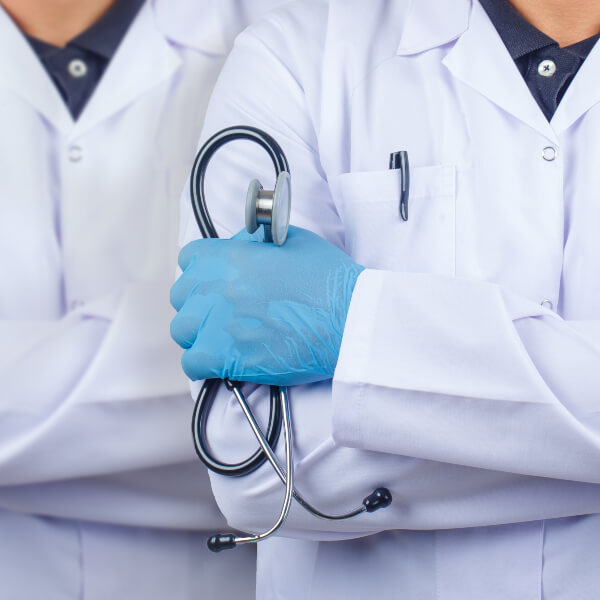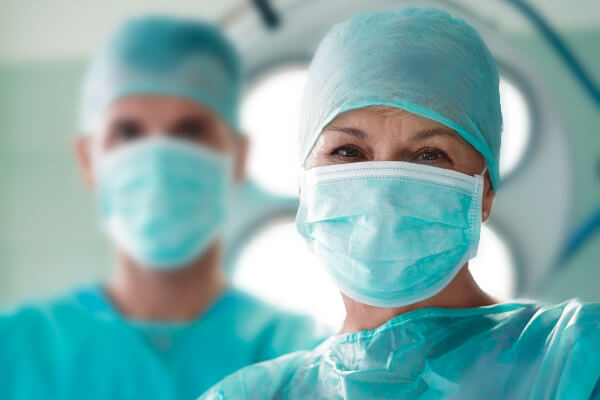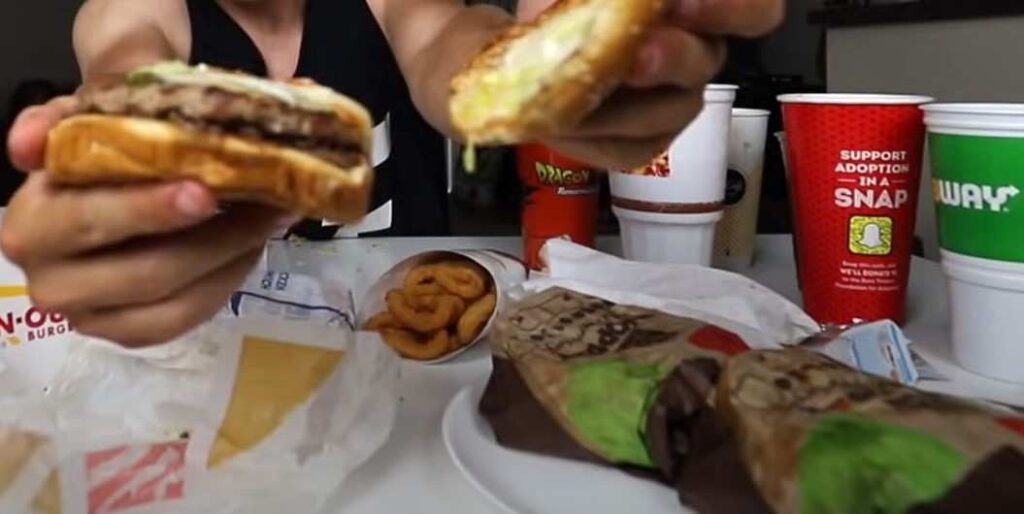
Foods high in sugar
After gastric bypass surgery, your stomach is much smaller, and your digestive system has been altered to bypass a portion of your intestines. This means that sugary foods, which were already problematic, can now cause even more severe issues. Foods high in sugar, such as candy, pastries, and sugary drinks, can lead to “dumping syndrome.” This condition happens when sugar moves too quickly from your stomach into your small intestine, causing symptoms like nausea, vomiting, dizziness, and diarrhea.
Additionally, consuming sugary foods can derail your weight loss efforts. After all, the primary goal of gastric bypass is to help you lose weight, and high-sugar foods add unnecessary calories without providing any nutritional value. For the best outcomes, it’s essential to say goodbye to desserts, candies, and sugary beverages, and instead, focus on healthier alternatives like fruits that are lower in sugar.
Examples of sugary foods to avoid:
- Candy (e.g., gummy bears, hard candies)
- Pastries (e.g., donuts, croissants)
- Sugary cereals (e.g., Frosted Flakes, Froot Loops)
- Soft drinks (e.g., soda, energy drinks)
Fatty foods
Fatty foods, including fried items, greasy snacks, and high-fat dairy, can be particularly troublesome after gastric bypass surgery. These foods are not only high in calories, but they also tend to be difficult to digest. Consuming high-fat foods can lead to gastrointestinal discomfort, such as bloating, cramping, and diarrhea.
Moreover, eating foods high in fat can slow down your weight loss progress and potentially lead to weight regain. The small stomach pouch created by the surgery is not designed to handle large amounts of fat, making it essential to choose lean proteins, such as chicken or fish, and low-fat cooking methods like grilling or baking.
Examples of fatty foods to avoid:
- Fried chicken
- Bacon and sausages
- Potato chips
- High-fat cheese (e.g., cheddar, brie)
Carbonated beverages
While it might seem harmless, carbonated drinks can be quite problematic after gastric bypass surgery. The bubbles in these beverages, whether it’s soda, sparkling water, or beer, can cause bloating and discomfort by expanding your smaller stomach pouch. This can lead to unnecessary pain and could stretch the stomach over time, counteracting the effects of your surgery.
In addition to physical discomfort, carbonated drinks are often high in sugar or artificial sweeteners, which don’t contribute to your nutritional needs. Eliminating these beverages and opting for water, herbal teas, or other non-carbonated, low-calorie options is a better choice to support your journey.
Examples of carbonated beverages to avoid:
- Regular soda (e.g., Coca-Cola, Pepsi)
- Diet soda (e.g., Diet Coke, Diet Pepsi)
- Sparkling water with added sugars
- Beer
Fried and processed foods
Fried and processed foods are often loaded with unhealthy fats, excessive salt, and hidden sugars. These ingredients can contribute to weight gain and hinder your weight loss goals. Foods like potato chips, fried chicken, and pre-packaged snacks not only lack nutritional value but also take up valuable space in your small stomach pouch that could be filled with nutrient-dense options.
These foods also have a higher risk of causing dumping syndrome due to their rapid emptying into the small intestine, just like sugary foods. To stay on track, it’s best to avoid these options and instead focus on fresh, whole foods that provide the nutrients your body needs to heal and thrive.
Examples of fried and processed foods to avoid:
- French fries
- Fried mozzarella sticks
- Packaged snacks (e.g., potato chips, cheese puffs)
- Pre-made frozen dinners
Avoid large portions
Portion control is critical after gastric bypass surgery. Your new stomach pouch can only hold a small amount of food, and overeating can lead to discomfort, vomiting, or stretching of the pouch. This not only feels unpleasant but can also jeopardize the long-term success of your surgery by allowing more food intake than intended.
It’s important to eat small, frequent meals throughout the day, focusing on protein-rich foods that will keep you full and satisfied. Using smaller plates, measuring your food, and eating slowly can help you stick to the appropriate portion sizes and avoid the pitfalls of overeating.
Examples of portion control tips:
- Use a small plate to help manage portions.
- Measure foods like rice or pasta before cooking.
- Avoid eating straight from the package to control serving size.
- Eat slowly and stop when you feel satisfied, not full.
Alcohol
Alcohol consumption after gastric bypass surgery is particularly risky. Not only is alcohol high in empty calories, but it is also absorbed much more quickly after surgery, which can lead to rapid intoxication even from small amounts. This altered absorption can also increase the risk of developing alcohol dependency.
Additionally, alcohol can irritate the stomach lining, exacerbate dumping syndrome, and interfere with your ability to maintain healthy eating habits. It’s generally recommended to avoid alcohol entirely or consume it very sparingly under the guidance of your healthcare provider.
Examples of alcoholic beverages to avoid or limit:
- Beer
- Wine
- Spirits (e.g., vodka, whiskey)
- Cocktails, especially those with sugary mixers
High-fiber foods
While fiber is an essential part of a healthy diet, introducing high-fiber foods too soon after surgery can cause problems. Foods like raw vegetables, nuts, and whole grains can be difficult to digest and may cause blockages or discomfort in your new, smaller stomach pouch. Gradually reintroducing fiber under the guidance of your dietitian is key to avoiding these complications while still reaping the benefits of a fiber-rich diet.
Examples of high-fiber foods to reintroduce gradually:
- Raw broccoli
- Whole grain bread
- Nuts and seeds (e.g., almonds, chia seeds)
- Legumes (e.g., lentils, black beans)
Refined carbs and white bread
Refined carbohydrates, such as white bread, pasta, and rice, can cause spikes in blood sugar levels and are often low in the nutrients that your body needs to recover after surgery. They can also expand in your stomach, causing discomfort or a feeling of fullness that prevents you from eating healthier options.
Choosing whole grains and complex carbohydrates in moderation can provide sustained energy and better nutritional benefits without the adverse effects associated with refined carbs. Opt for alternatives like quinoa, whole wheat, or cauliflower rice to maintain your progress and enhance your diet.
Examples of refined carbs to avoid:
- White bread
- Regular pasta
- White rice
- Sugary breakfast cereals
With these information, you can ensure that your journey towards weight loss and better health remains on track, achieving the lasting results you’ve worked so hard for. If you require detailed or additional information send us a message to Bariatrics MX and one of our nutrition specialists will help you.

